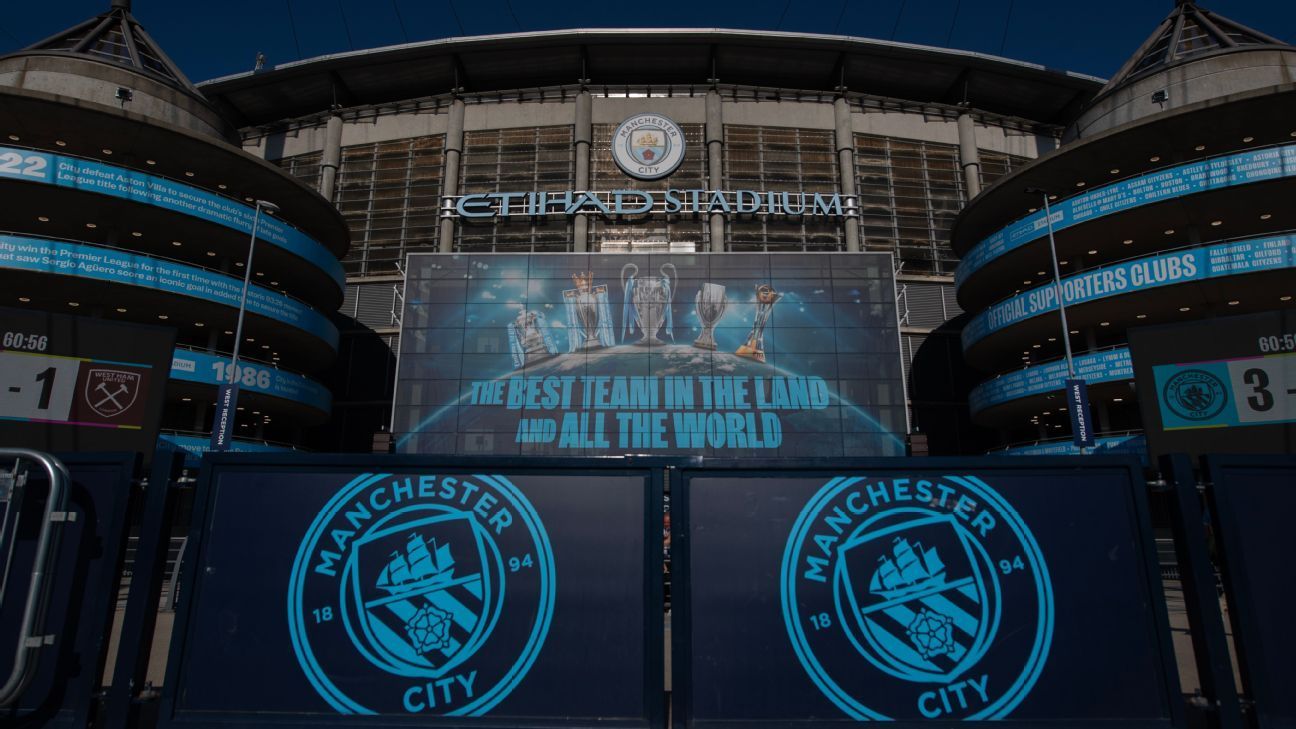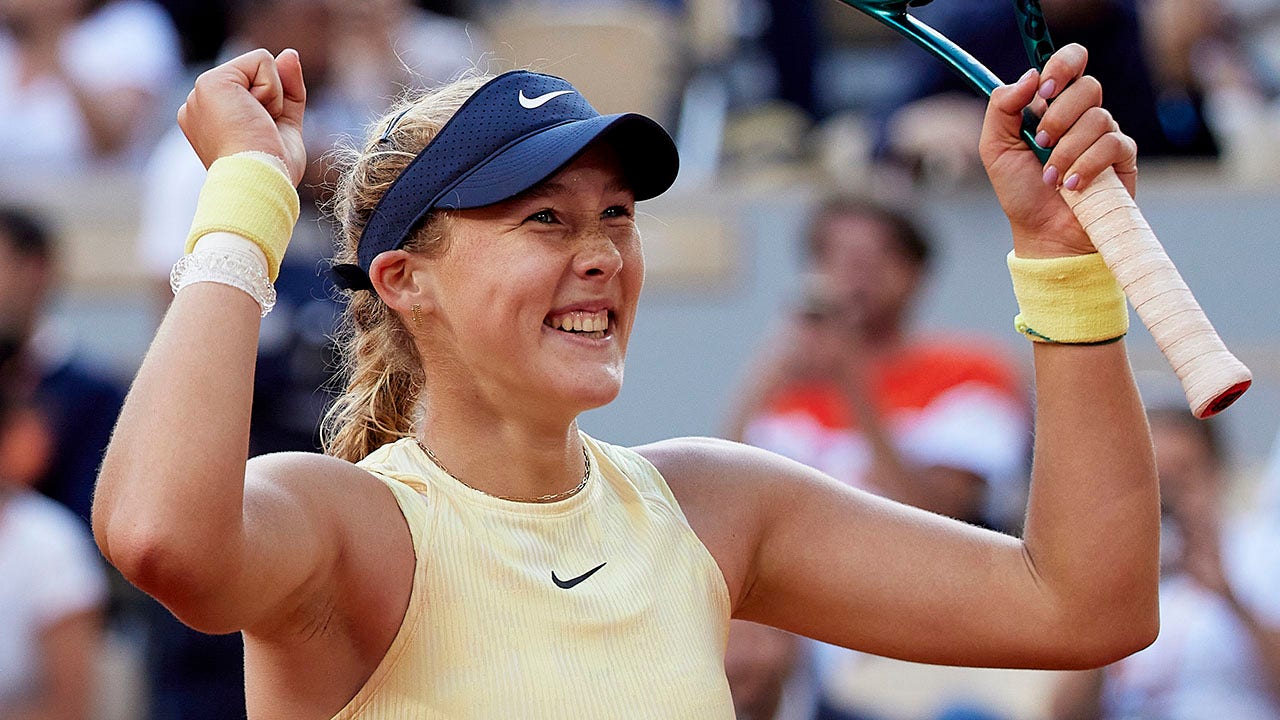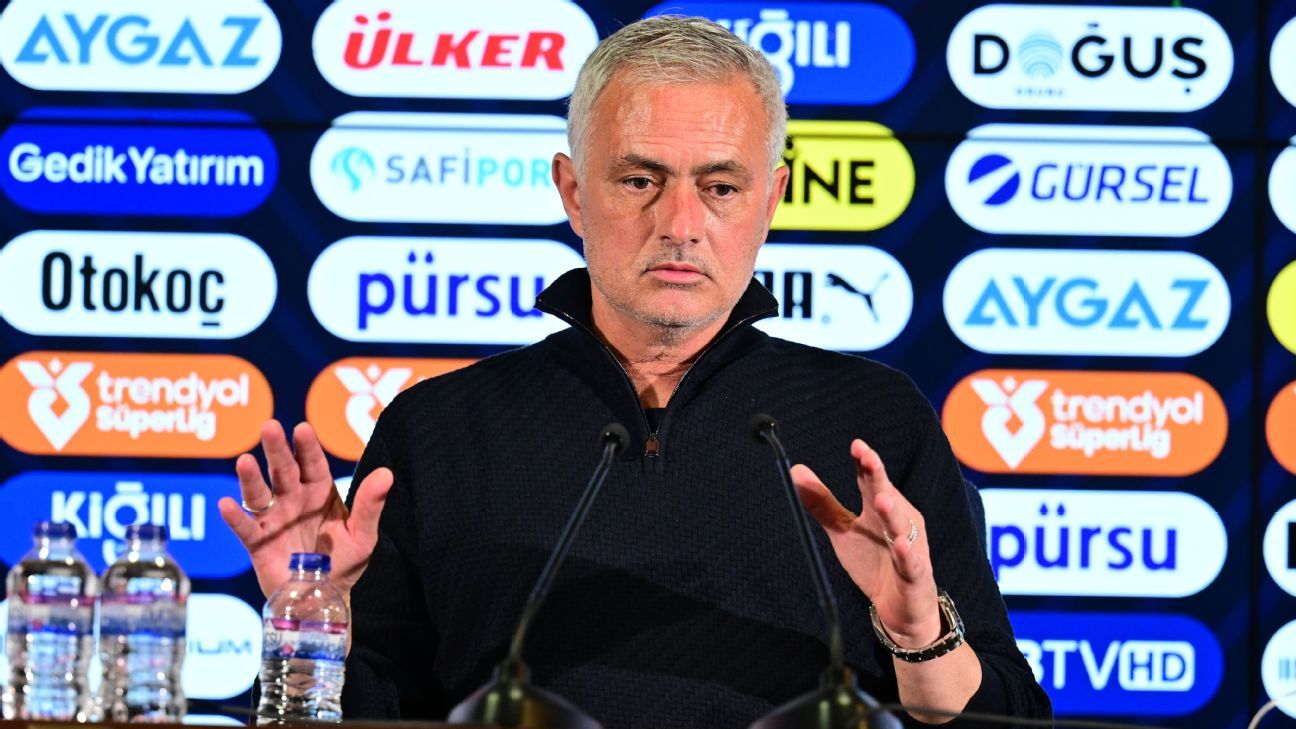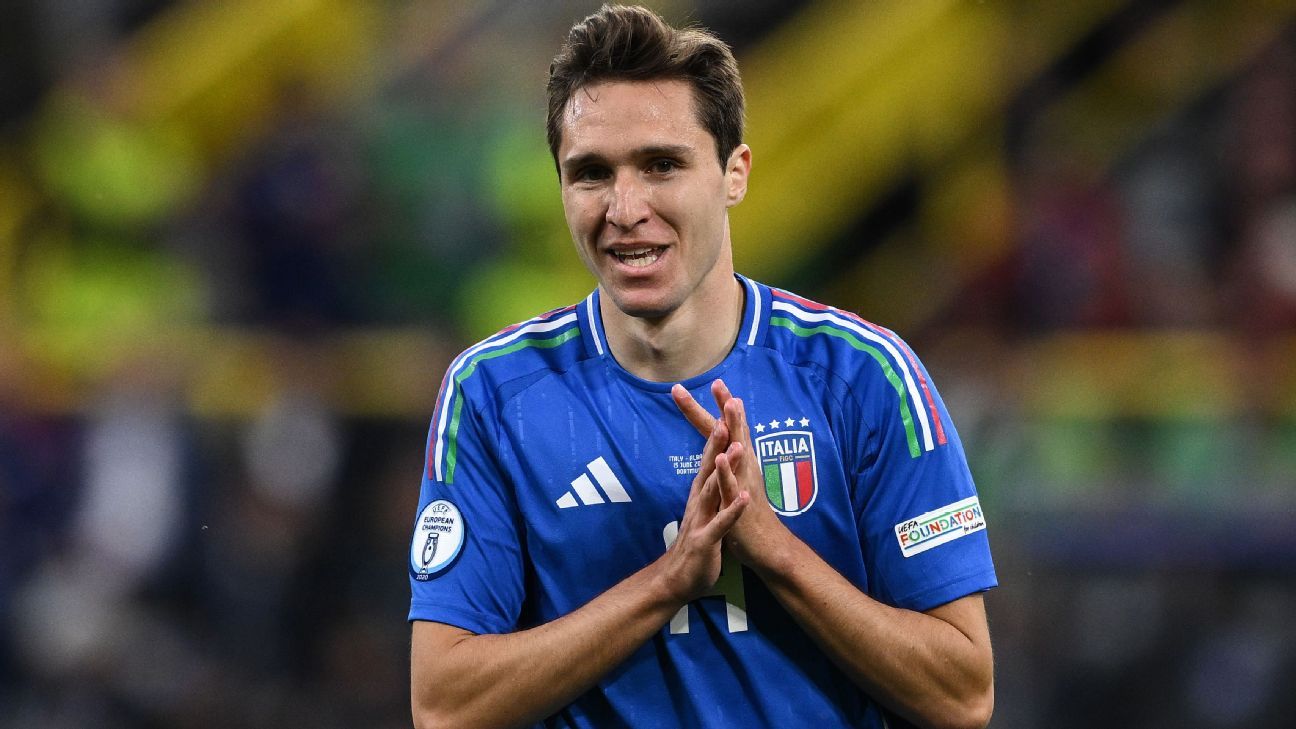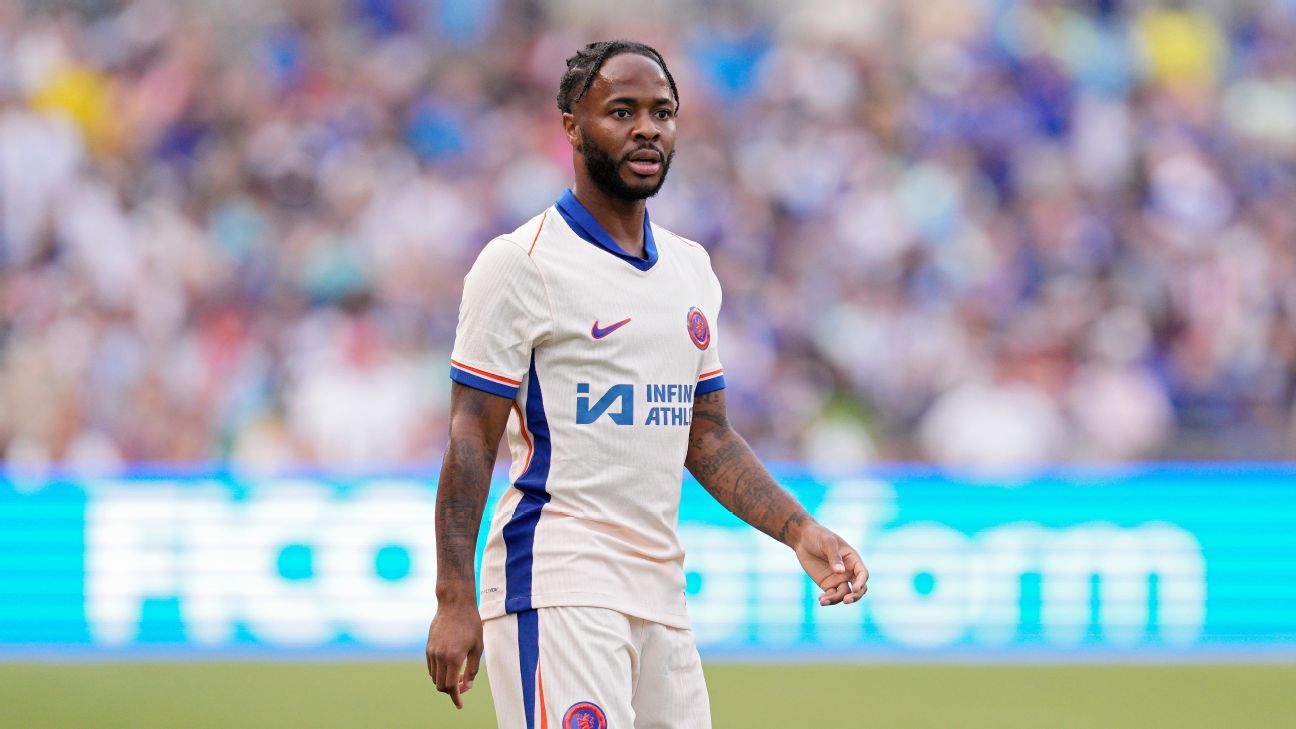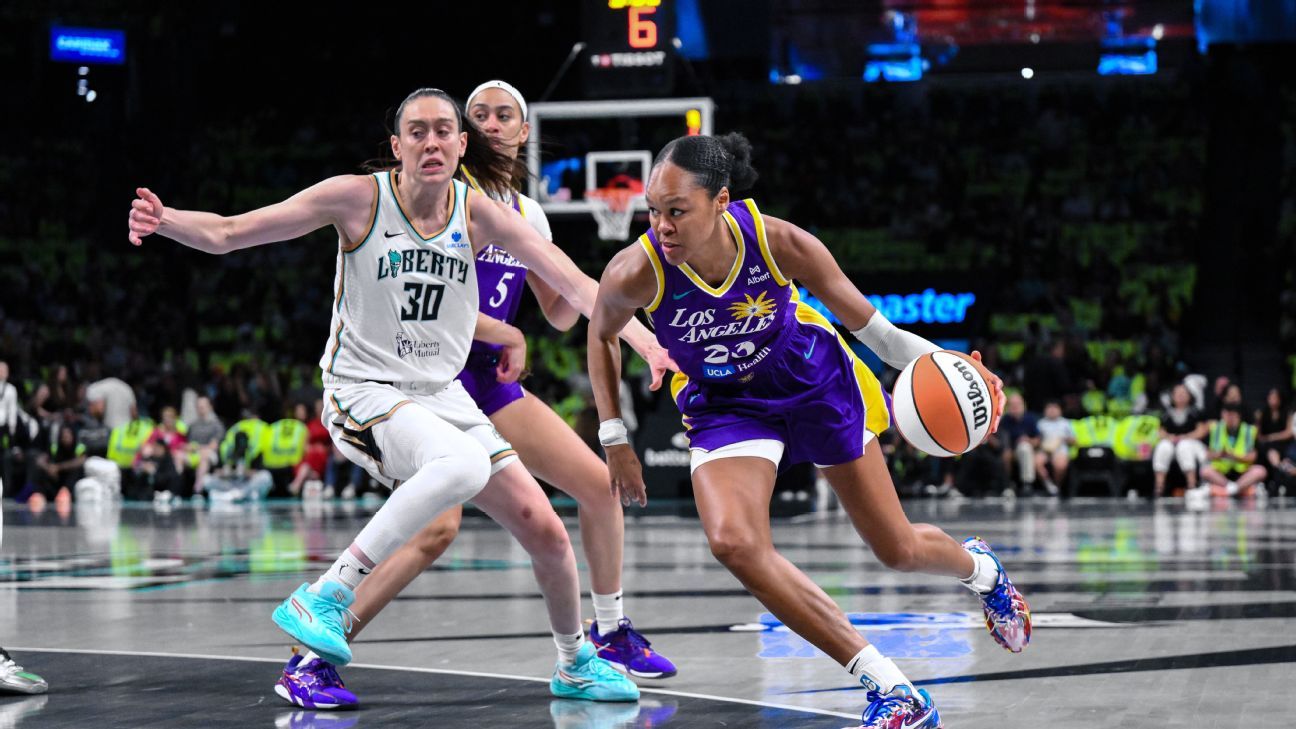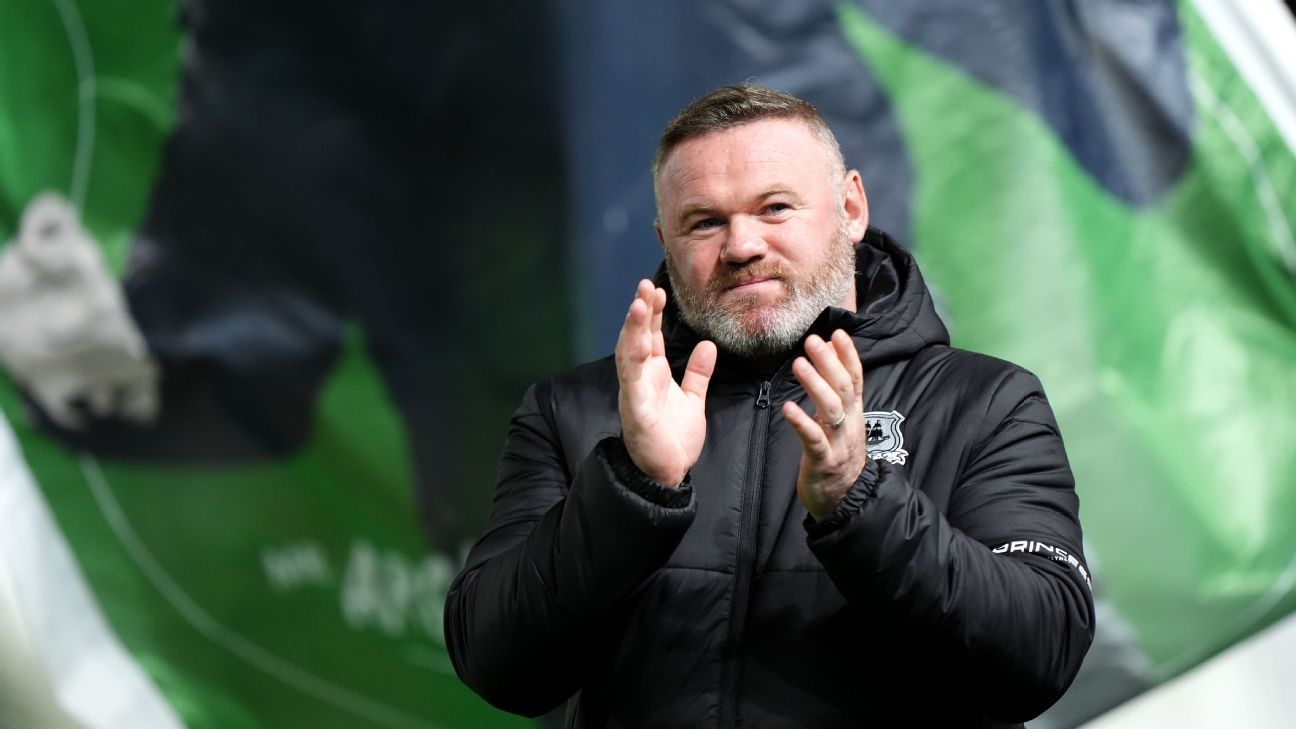Manchester City have taken legal action against the Premier League over new rules, introduced in December 2021 and revised in January 2024, governing “associated party transactions” (APT). An arbitration tribunal will hear the case on June 10 and a decision is expected within two weeks of that date.
According to The Times, which has reviewed a 165-page document submitted by City, owned by the Abu Dhabi United Group, the club argues that such regulations violate competition law in the United Kingdom. They are also reportedly seeking monetary damages on the grounds that they were forced to comply with these regulations for years.
If the arbitration court sides with City, the impact could be far-reaching, because club owners could be free to pump as much money as they want into their teams through sponsorship deals. In theory, you could acquire the best players in the world if you were rich enough and didn't mind financing losses year after year.
– Stream on ESPN+: LaLiga, Bundesliga, more (US)
This would upset the European order, since many clubs are some kind of non-profit member association (e.g. Real Madrid, Bayern Munich, Barcelona, Borussia Dortmund) or are controlled by funds that, eventually, have to show some result to their investors or shareholders (for example, Chelsea, AC Milan, Manchester United). In practice, it would remove cost controls and make the business as a whole less attractive to investors, especially at a time when the trend is going in the opposite direction, with most leagues as well as UEFA , the governing body of European football, instituting regulations aimed at encouraging sustainability.
It would also be a blow to the Premier League's case against City over 115 alleged breaches of the league's financial rules, as many relate to allegedly inflated sponsorships, which would no longer be banned. Then there's the mere fact that the most successful member of the most successful league (not just in football, but in sports) is running as a lawyer to take over the same league he's a part of.
That puts us squarely in uncharted waters, so here's a Q&A to try to make sense of it.
Q: So what is this “associated party transactions” business?
A: An “associated party” is an entity that has some type of relationship with the club or its owner. It has become an issue since financial fair play rules (which limit the amount of losses a team can incur over a set period of time) came into effect in 2011.
Let's say Elon Musk owns Tottenham Hotspur and wants to spend huge amounts on players and transfers. Under the current rules, he is limited as to how much he can contribute to the club; If he wants to contribute more, he would need to increase the club's income. Well, sponsorship deals are part of the revenue, and since he's the CEO (and a big shareholder) of Tesla, you'd think he could get Tesla to sign a $500 million a year sponsorship deal with Tottenham, which which would double revenue and allow Spurs to spend much more on players (maybe even bring back Harry Kane). Except he can't.
Why not?
Well, because Tesla and Tottenham would be considered “associated parties”, since a single person or entity (Musk, in this case) exercises “significant control” (as the Premier League says) over each of them. Therefore, they would not simply be making direct business decisions, but rather manipulating a business in an unrelated industry to help their other business.
The hypothetical Tesla/Tottenham sponsorship would be an “associated party transaction” (APT), meaning it would be subject to something called “fair market value.” Just like if Musk owned, say, Astana of the Kazakh Premier League in addition to Tottenham, he couldn't get his Kazakh team to sign Oliver Skipp for $100 million to boost Spurs' revenue. That deal would also be subject to a “fair market value” and Skipp, with all the love in the world, probably isn't worth $100 million.
Who decides what “fair market value” is?
There are companies that specialize in precisely this and would compare the value of the deal with comparable deals at similar clubs. For example, if Arsenal (a club of comparable size to Tottenham in a comparable location) signed a sponsorship deal with Toyota (an unrelated party with no ties to the club or its owners) for $30 million, they would use as a benchmark to evaluate the deal with Tesla. And they might conclude that you should only count $30 million when calculating the club's income for the purposes of financial sustainability rules, such as the Premier League's profits and sustainability regulations (PSR).
And City don't like that?
Not according to the lawsuit, The Times reported. They argue that even sponsors with ties to their owners – such as Etihad Airways, Abu Dhabi's flagship airline – should be free to decide for themselves how much their club sponsorship is worth to them.
City also argue that the Premier League has a conflict of interest as it also has sponsors and competes with clubs for their money, and they question the way fair market value is assessed. They also argue that the rules inhibit the city's ability to acquire talent and make it more expensive to run its businesses, which in turn (also reported by the Times from those documents) could mean they have to raise prices for revenues or cut spending on youth development. , women's soccer or community programs. That's why they also seek damages for lost income as a result of “fair market value” rules that limit how much they could get from their APTs.
(The bottom line is that if the fair market value principle is considered unfair, then all those times in the past where the City honored fair market value, instead of signing larger sponsorships with associated parties, resulted in a loss of income).
0:58
Manchester City president: financial burdens must be judged on the facts
Manchester City president Khaldoon Al Mubarak says he is frustrated by allegations of financial irregularity.
What would the Premier League say about it?
We don't know, because there are no comments and this entire process, like that of City's 115 charges, is shrouded in secrecy. That said, the league could point to the fact that these rules were approved in 2021 by a significant majority (19, with one abstention) of Premier League clubs (the rule changes require at least 14 of the 20 to vote in favor). please), that is, being part of the league is voluntary and if you are going to be part of it you have to comply with the rules set by its members. (When Premier League clubs voted for stricter rules the following month, the vote was 18-2 in favor of those rules.)
If you join a golf club and members vote to ban cell phones on the course, you must follow the rules, even if you voted against it. (Unless, of course, they propose rules that are illegal or discriminatory under national law, which is more or less what City are arguing here, based on UK competition law).
The league could also argue that it is difficult to see how City are being penalized when they have won six Premier League titles in the last seven seasons and made profits of almost $100 million last season and around $50 million the year before. .
Who is on the arbitration panel and what do you think the outcome will be?
It will be a panel of three legal experts, one chosen by each party and the third chosen jointly, and I guess it all comes down to how they interpret competition law. It is felt that removing the concept of “fair market value” from APTs gives a huge competitive advantage to clubs with wealthy owners who are happy to finance losses through inflated sponsorships or dubious multi-club ownership deals. It also makes it much harder for everyone else to keep up and run a profitable and sustainable business, which is what the Premier League (and its 20 members) is trying to do.
On the other hand, while this could theoretically have a big impact on the Premier League, I'm not sure to what extent City (or anyone else) would necessarily abuse the system.
Why is that?
Well, if you want to play in UEFA competitions, you still have to comply with their rules. And they have “fair market value” principles for evaluating sponsorship deals. So even if City won, I doubt we'd suddenly land a billion-dollar Etihad sponsorship. (While this could mean they could be sponsored for half a billion dollars and sign Kylian Mbappé to play in the Premier League if said rules are removed, UEFA would still evaluate those same books as part of the game in those competitions. As such, They could still rule that these agreements are inflated according to their rules).
This is most likely aimed at the upcoming November case, the one with the 115 charges. Many of them relate to endorsement deals that were allegedly inflated beyond fair market value. And if that's not already against the rules, it's hard to throw the book at them even if the rules were in effect at the time. That is, in essence, what City are arguing here.
Either way, the implications will be far-reaching.
How is that?
The Premier League is nothing more than an association of 20 member clubs, and now one of those clubs is taking legal action against the others. It is unprecedented on this scale.
Part of what allowed the league to thrive and become by far the most successful in the world is that any disputes that arose were resolved internally, and the 20 clubs always presented (at least outwardly) a united front. Even when there has been tension – think of the point penalties Everton and Nottingham Forest incurred for breaching financial rules – there has been a focus on how the rules were applied rather than the regulations themselves, which were approved by all clubs. Here, the language has become hyperbolic very quickly, with some media outlets calling it a “civil war” and, according to The Times, City calling the Premier League rules the “tyranny of the majority.”
The depressing thing about all of this, in my view, is the way in which this entire process, like the 115 charges, is taking place behind closed doors. Sunlight is the best disinfectant, whether it is for the Premier League to prove its case and prove that its process is fair or for Manchester City to prove its innocence and that the charges are baseless.

